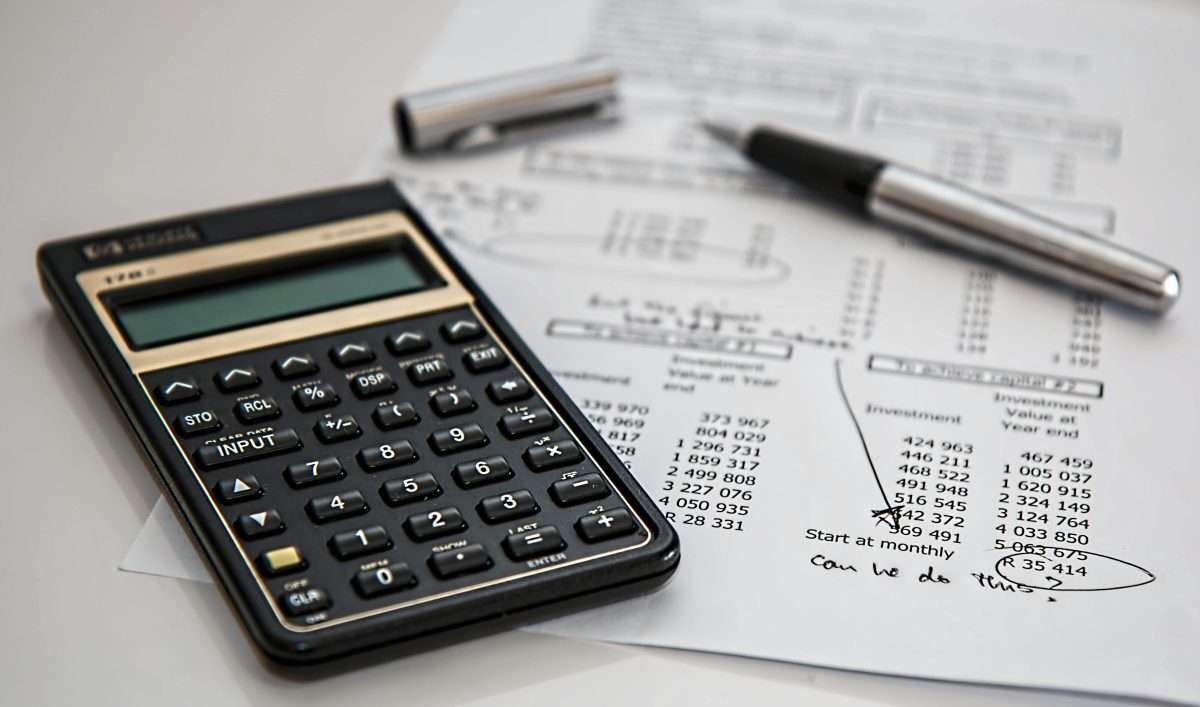Keeping your finances in order might seem like a tedious and overwhelming task. But just like that messy desk or overflowing junk drawer, you have to get around to organizing it sooner or later. Organizing your finances can save you time and free you from stress by helping you avoid missed payments, hidden fees, or interest expenses. It lets you stay on top of things, lightening the mental load of keeping up with due dates and other financial responsibilities.
You can get started on this by taking simple steps like choosing automated payment options and creating a spreadsheet to track your expenses. Follow these actionable tips to help you organize your finances so you can clear up some space in your mind for other important things.
Track Your Finances
Knowing how much you earn, spend, save, and invest each month is the first step toward organizing your finances. This gives you a clear idea about where your money goes and whether you need to make adjustments to optimize your finances or improve your spending habits.
A simple way to do this is by making a list with good old pen and paper, but creating a spreadsheet that automatically computes values for you is a convenient option as well. Some banking apps and e-wallets even come with basic expense trackers, giving you a quick overview of your transaction history and where your money is going.
Maximize Mobile Banking
Managing your finances is now faster and more convenient than ever with the rise of financial technology. Modern banking allows you to make financial transactions with the tap of a finger. In particular, mobile banking apps let you send or receive money anytime, anywhere; you can also easily transfer money in and out of your bank account with a Maya deposit.
You can further leverage technology to organize your finances through automation. For instance, if you’re using Maya’s Personal Goals feature, you can set it up so that it automatically transfers the amount to your Maya Savings account once the goal has been reached. The key is to study your mobile banking, budgeting, and other finance-related apps and check if they have helpful features that you can use. This way, you can more easily manage your money and keep it growing.

Make a Budget
Keeping your finances in check can be as simple as following basic advice, like creating and following a budget. List down all your monthly expenses, from highest to lowest priority, and allocate your income accordingly. Doing this shows you how much money goes where and how you can cut on expenses by eliminating low priority items on your list, like unused subscriptions or memberships and other small, routine spending.
A budget keeps you organized and accountable, making sure that no detail slips through the cracks. It also helps you take control of your finances, ensuring that all your financial obligations are fully accounted for before you can allocate money toward more leisurely spending. You can take advantage of mobile apps or online tools that you can access and update wherever you are, making sticking to a budget easier and more convenient.
Organize Accounts and Documents
Paperless or online banking doesn’t mean zero documents. In reality, organizing your finances goes beyond just money; it also involves keeping your financial documents in one place and securing all important files whether online or otherwise. Collect all physical documents and keep them in a safe place, preferably in airtight bags or containers. It’s also wise to make digital copies in case of damage from fire, moisture, and other elements.
Similarly, keep track of your online accounts and passwords. If you can memorize them all, good. Otherwise, you can use password managers. Additionally, make it a habit to check and update your information in financial records and to change your passwords regularly to avoid falling prey to identity theft and prevent other security concerns.
Check Your Portfolio Regularly
Investing doesn’t end with putting money into products or assets with the best record and potential. Continuous due diligence is necessary to ensure that the money you invested is working for you the way you intended it to. Do regular checkups to see how your investments are performing. Are they increasing in value or are you losing money as time progresses? Evaluate whether each investment is helping you achieve the financial goals you had in mind when you started investing. Then, opt for other products or alternative investments if you find it necessary. Don’t be afraid to talk to a financial advisor or at least someone who is more knowledgeable and has more experience than you if you need advice on where to invest your money.
Being organized with your finances saves you time, effort, and money that can otherwise be spent (or invested) elsewhere. It also helps build a stronger financial foundation, so that you’ll be more secure and ready to enjoy the fruits of your labor in the future.
